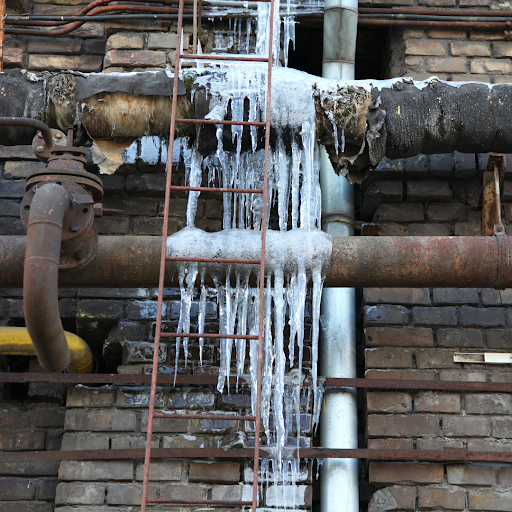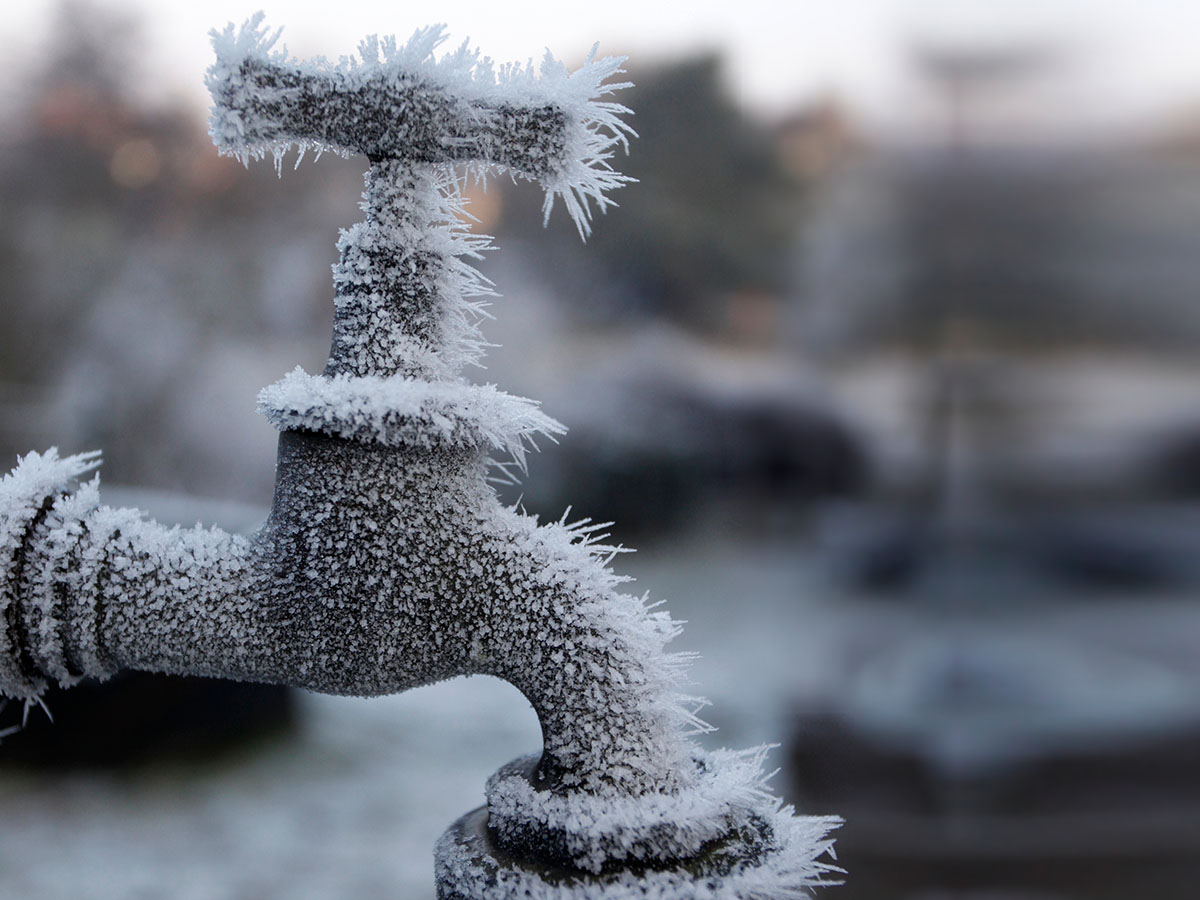How to Prevent Frozen Plumbing in Winter: Professional Advice
How to Prevent Frozen Plumbing in Winter: Professional Advice
Blog Article
We've uncovered this article relating to How To Avoid Freezing Pipes directly below on the net and think it made perfect sense to talk about it with you on this site.

Winter can damage your pipes, specifically by freezing pipes. Right here's exactly how to stop it from happening and what to do if it does.
Introduction
As temperatures drop, the risk of frozen pipes rises, possibly leading to costly repairs and water damages. Recognizing exactly how to prevent icy pipelines is vital for house owners in chilly environments.
Avoidance Tips
Insulating at risk pipes
Cover pipes in insulation sleeves or make use of warm tape to shield them from freezing temperature levels. Focus on pipes in unheated or exterior locations of the home.
Heating methods
Keep indoor rooms sufficiently warmed, specifically locations with plumbing. Open up cabinet doors to permit cozy air to flow around pipelines under sinks.
Exactly how to recognize frozen pipelines
Look for reduced water flow from faucets, uncommon odors or sounds from pipelines, and visible frost on exposed pipelines.
Long-Term Solutions
Structural adjustments
Consider rerouting pipes far from exterior walls or unheated areas. Add extra insulation to attics, cellars, and crawl spaces.
Upgrading insulation
Purchase top notch insulation for pipes, attics, and wall surfaces. Proper insulation aids preserve constant temperatures and lowers the danger of frozen pipelines.
Safeguarding Exterior Pipes
Yard hoses and outside faucets
Detach and drain pipes garden hoses before winter months. Set up frost-proof faucets or cover exterior taps with insulated caps.
Recognizing Frozen Pipelines
What creates pipes to freeze?
Pipelines ice up when exposed to temperatures below 32 ° F (0 ° C) for extended periods. As water inside the pipelines ices up, it increases, putting pressure on the pipe wall surfaces and possibly triggering them to burst.
Dangers and problems
Frozen pipes can cause water disruptions, building damages, and pricey repair services. Burst pipes can flooding homes and create comprehensive architectural damage.
Signs of Frozen Pipeline
Determining frozen pipes early can stop them from breaking.
What to Do If Your Pipelines Freeze
Immediate activities to take
If you believe icy pipes, maintain taps available to relieve stress as the ice melts. Use a hairdryer or towels soaked in hot water to thaw pipelines gradually.
Conclusion
Avoiding frozen pipes requires positive measures and fast responses. By recognizing the reasons, indicators, and preventive measures, house owners can safeguard their pipes during cold weather.
6 Proven Ways to Prevent Frozen Pipes and Protect Your Home
Disconnect and Drain Garden Hoses
Before winter arrives, start by disconnecting your garden hoses and draining any remaining water. Close the shut-off valves that supply outdoor hose bibs and leave the outdoor faucet open to allow any residual water to drain. For extra protection, consider using faucet covers throughout the colder months. It’s also important to drain water from any sprinkler supply lines following the manufacturer’s directions.
Insulate Exposed Pipes
Insulating your pipes is an effective way to prevent freezing. Pipe insulation is readily available at home improvement stores and is relatively inexpensive. Pay close attention to pipes in unheated areas such as the attic, basement, crawl spaces, or garage. Apply foam insulation generously to create a buffer against the cold. You can also wrap your pipes in heat tape or thermostat-controlled heat cables for added warmth.
Seal Air Leaks
Inspect your home for any cracks or openings that could let in cold air. Seal any holes around the piping in interior or exterior walls, as well as the sill plates where your home rests on its foundation. Additionally, make sure to keep your garage door closed unless you’re entering or exiting. Leaving it open creates a significant air leak that can lead to frozen pipes.
Allow Warm Air Circulation
During cold snaps, it’s essential to allow warm air to circulate evenly throughout your home. Leave interior doors ajar to promote better airflow. Open kitchen and bathroom cabinets to help distribute heat consistently around the rooms. If you have small children or pets, be sure to remove any household chemicals or potentially harmful cleaners from open cabinets for safety.
Let Faucets Drip
A small trickle of water can make a big difference in preventing ice formation inside your pipes. When temperatures drop significantly, start a drip of water from all faucets served by exposed pipes. This continuous flow helps prevent the water from freezing. Additionally, running a few faucets slightly can relieve pressure inside the pipes, reducing the chances of a rupture if the water inside does freeze.
https://choateshvac.com/6-proven-ways-to-prevent-frozen-pipes-and-protect-your-home/

I hope you enjoyed reading our post on Helpful Tips to Prevent Frozen Pipes this Winter. Thank you so much for finding the time to read through our article. Kindly set aside a second to promote this blog entry if you liked it. Many thanks for going through it.
Click Here Report this page